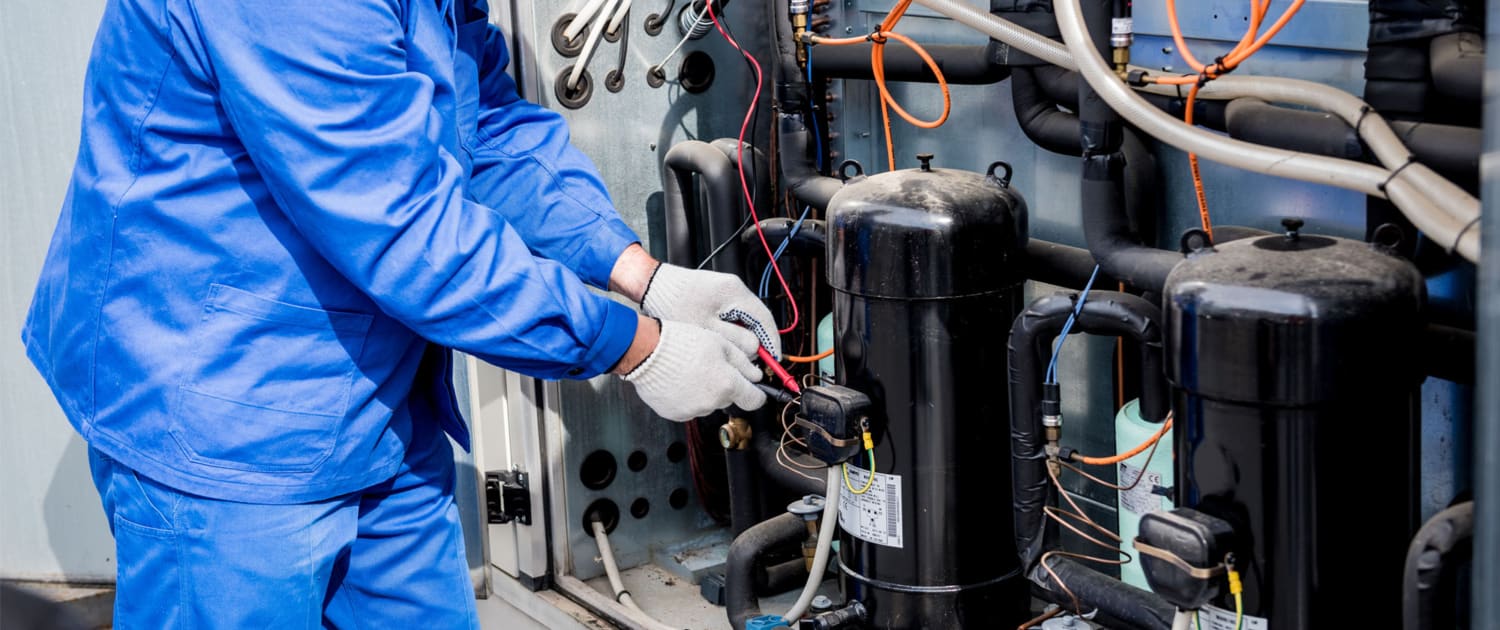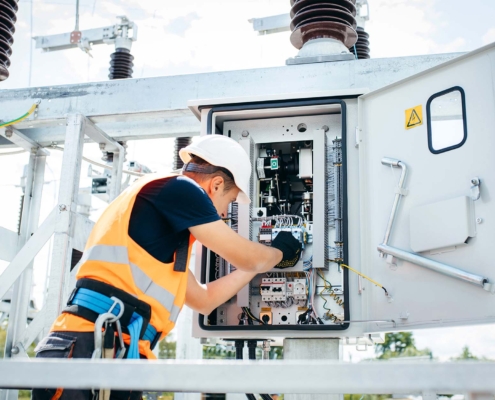 https://agservicestx.com/wp-content/uploads/2025/08/Why-Preventative-Industrial-Plumbing-Maintenance-is-Critical-for-Facilities.jpg
1250
2000
AbstraktMarketing
/wp-content/uploads/2021/02/cropped-AG-Piping-01-300x30m-300x300.png
AbstraktMarketing2025-08-14 15:25:332025-09-13 20:26:22Why Preventative Industrial Plumbing Maintenance is Critical for Facilities
https://agservicestx.com/wp-content/uploads/2025/08/Why-Preventative-Industrial-Plumbing-Maintenance-is-Critical-for-Facilities.jpg
1250
2000
AbstraktMarketing
/wp-content/uploads/2021/02/cropped-AG-Piping-01-300x30m-300x300.png
AbstraktMarketing2025-08-14 15:25:332025-09-13 20:26:22Why Preventative Industrial Plumbing Maintenance is Critical for FacilitiesBenefits of a Commercial HVAC Maintenance Plan
Successful business owners increase profit margins, reduce overhead, and turn the business into a well-oiled machine. Though many companies focus on the proper running of the business itself, some forget that the building they inhabit also requires attention and care.
One of the most essential—and potentially expensive—systems in a building is the HVAC system. When you’re a business owner, you have to establish protocols that help your facility run more smoothly.
This holds true for HVAC maintenance. You need to establish a strategy to prevent issues and maintain the integrity of the system. Here’s what you need to know.
What Is Commercial HVAC Maintenance?
The purpose of commercial HVAC maintenance is to prolong the life of the system. A commercial system has unique components that differ from a residential system. It is significantly larger, of course, but it usually requires more frequent maintenance. The reason for the increased amount of care is the larger strain a commercial HVAC system operates under due to the size of the space and their higher capacity.
Preventive care is essential because it supports the ongoing functioning of your business. If your HVAC system goes down, it will have a negative impact on your operations, employees, and customers. It is recommended that commercial HVAC systems be assessed at least once every season. Depending on your region’s climate and the needs of your system and business, your system might need even further routine care.
Spring and Summer Maintenance
During the spring and summer months, HVAC maintenance and regular tune-ups are essential. Details your technician will investigate include checking the coils of your condenser and evaporator. They will also clear the coils of accumulated debris.
Electrical components and charges will also be evaluated, as well as proper airflow, thermostats, fans, filters, motors, belts, pulleys, drain lines, and pans. In assessing these mechanisms and parts, a technician ensures their proper function and cleans and/or lubricates them to ensure they perform at maximum capacity.
Winter and Fall Maintenance
HVAC maintenance in the fall and winter typically assesses the heating components of your system. Components your service provider will check includes belts, pulleys, drain lines, pans, electrical connections, fans, thermostats, and filters—all in relation to the heating mechanisms of your unit.
Additional components unique to heating include the ignition and burner assembly and heat exchanger. By checking your system each season, your technician can determine whether any repairs are needed and that your system can handle the stressors placed on it during the season. From there, they’ll make recommendations or address concerns for additional maintenance.
Why Do I Need HVAC Preventive Maintenance?
The importance of preventive maintenance cannot be stressed enough. When you invest steadily in your system, it will continue to provide value to you and your business. Routine maintenance:
Prolongs Service Life
Routine maintenance helps prolong your system’s service life. It will also reduce system downtime because technicians will make sure all components are operating at full capacity.
Improves Indoor Air Quality
Indoor air quality is often 2 to 5 times worse than outdoors. One of the best ways to improve the quality of your interior air is through routine maintenance and cleaning of your HVAC system and its filters.
This is especially important if your commercial space has chemicals onsite. Left untreated, poor indoor air quality can have a negative impact on the health of you, your employees, and your customers. Poor air quality can also lead to mold and spread germs and viruses. Some of the signs of poor air quality include respiratory disease, headaches, dizziness, fatigue, and irritation of the nose, throat, and eyes.
Saves Money
Proper upkeep of HVAC mechanisms prolong the life of your system and its constituent parts. This means you spend less money on the replacement of components as well as the entire system.
Not only will you reduce the cost of upkeep, but you’re also likely to reduce the number of staff sick days. Your team will be more productive because they won’t be dealing with the effects of poor indoor air quality.
When you design a maintenance plan for your business, you streamline its processes and simplify your operations. A survey found that creating a maintenance plan with the added use of a computerized maintenance management system resulted in a “28.3% businesses reported increase in maintenance productivity, 20.1% reported reduction in equipment downtime, [and] 19.4% reported savings in material costs.”
This is why a maintenance plan is essential: it enables well-functioning systems that allow you to focus more on your business.
What Does an Industrial HVAC Maintenance Plan Look Like?
When you establish a maintenance plan with a service provider, it should consider as many variables unique to your business and location as possible. Examples would include:
Geography and Climate
Whether you live in a hot, cold, or fairly temperate zone, your location will significantly affect the needs of your HVAC system. Extreme climates will require more aggressive preventive maintenance to keep your system running effectively, especially during severe weather.
Create Your HVAC Preventive Maintenance Plan Today!
A&G Piping is Texas’s top mechanical, plumbing, and piping firm. Our professionals specialize in HVAC preventive maintenance as well as boilers, plumbing, and chillers.
We service homes and businesses alike, working on systems of all sizes to support hospitals, aerospace facilities, food processing plants, and many more. Our goal is to minimize the downtime of your HVAC, increase the lifespan and consistency of your assets, and help your system work more efficiently—all to reduce financial and environmental costs.
Schedule preventive maintenance for your HVAC with us. Speak with the experts to establish a plan that will keep your system functioning longer and better.






